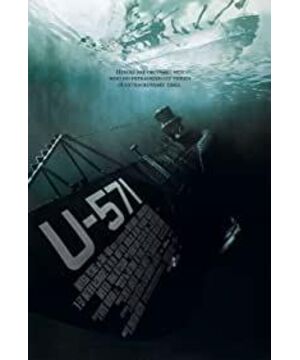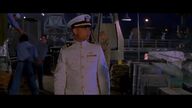The main display point of this movie is that a selection criterion for the submarine captain is: dare to order his soldiers to die... So with the unrelenting camouflage, killing prisoners, drowning and other scenes, the protagonist grows rapidly in this criterion. The following lines are classics:
I'm not questioning your bravery. The question is: what about their lives? You and Mr. Emmett are good friends. You went to the Academy together. Would you be willing to sacrifice his life? Or what about some of the younger enlisted men? I know a lot of those guys look up to you like a big brother. You willing to lay their lives on the line? You see? you hesitate. But as a captain, you can't. You have to act. If you don't, you put the entire crew at risk. Now that's the job. It's not a science. You have to be able to make hard decisions based on imperfect information. Asking men to carry out orders that may result in their deaths. And if you're wrong, you suffer the consequences. If you're not prepared to make those decisions, without pause, without reflection, then you've got no business being a submarine captain.
…
This is the navy, where a commanding officer is a mighty and terrible thing, a man to be feared and respected, all knowing, all powerful... the skipper always know what to do, whether he does or not... This is not a goddamn democracy!
...die trying, that ain't crazy. That's our job.
View more about U-571 reviews











